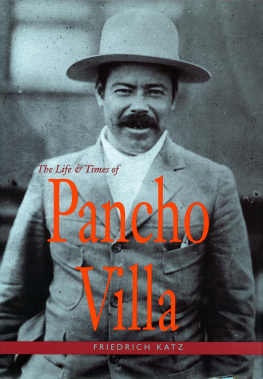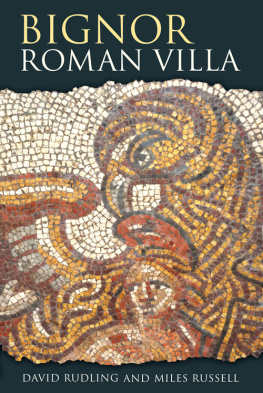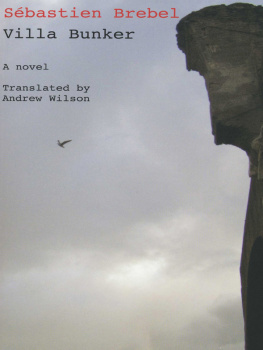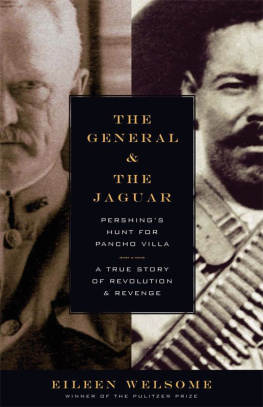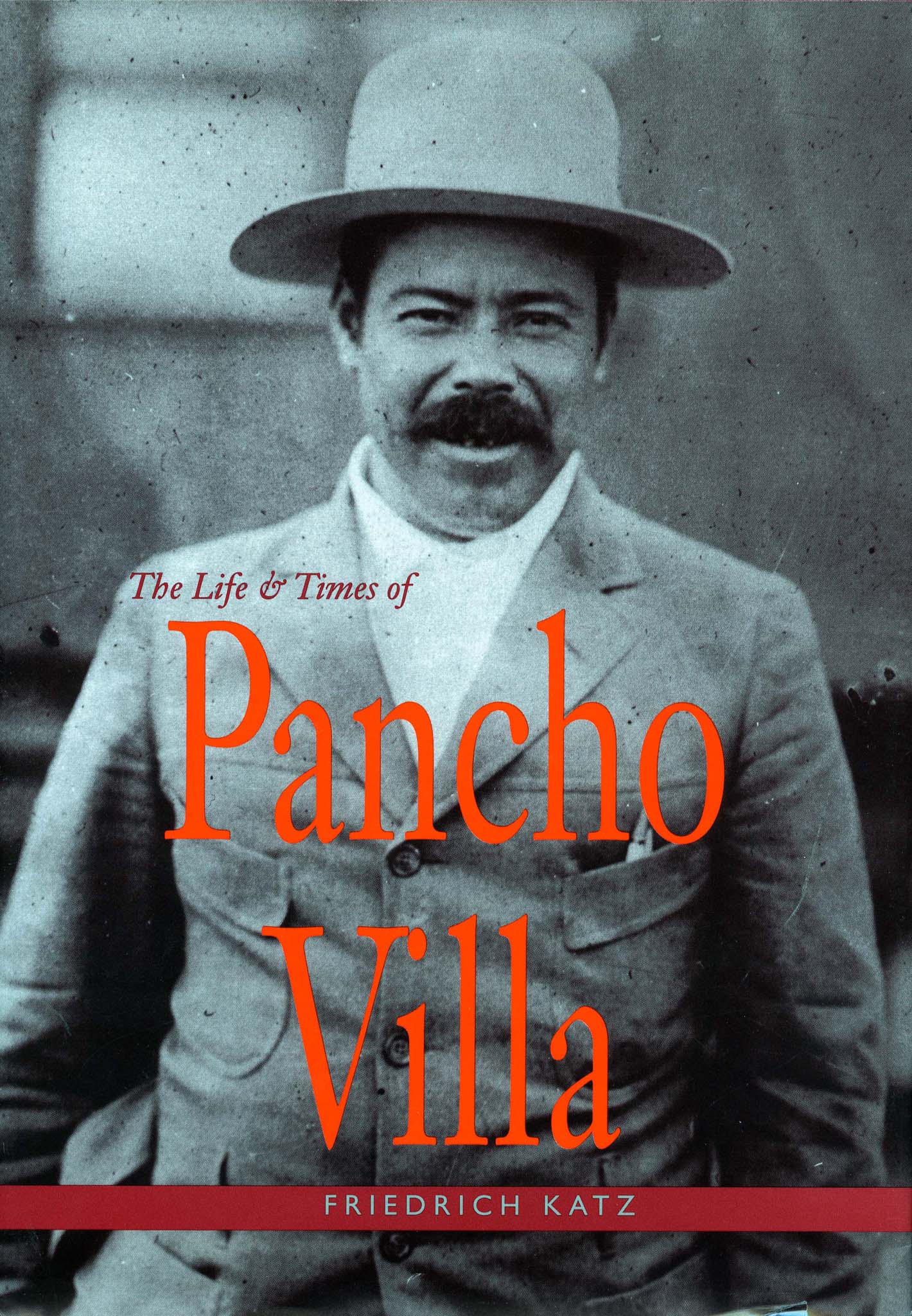Acknowledgments
I n the course of the many years during which I have worked on this book, I have had the generous help of many institutions, as well as of friends, colleagues, students, and members of my family. These acknowledgments are therefore unusually long.
I am deeply grateful to the institutions that helped to finance this undertaking: the University of Chicago, the John Simon Guggenheim Foundation, the Social Sciences Research Council, and the American Philosophical Society.
I would also like to thank the many archives and libraries in many parts of the world that have helped me so enormously in my research. In Mexico City, I thank the Archivo General de la Nacin, the Instituto Mora, the Hemeroteca Nacional, the Archivo de la Secretara de Relaciones Exteriores, the Archivo de la Secretara de la Defensa Nacional, the Archivo de la Secretara de la Reforma Agraria, the Archivo Porfirio Daz at the Universidad Iberoamericana, the Archivo de la Universidad Nacional Autnoma de Mexico, the Archivo del Instituto Nacional de la Revolucin Mexicana, the Biblioteca Nacional, the Biblioteca del Instituto Nacional de Antropologa e Historia, and the Colegio de Mexico.
In addition, I wish to thank the owners of private archives in Mexico City who allowed me to consult their holdings. These include the Archivo Calles-Torreblanca, and especially its director, Norma Mereles de Ogarrio, the archives of Roque Gonzlez Garza, Martn Luis Guzmn, and Martnez del Ro, the family of Elas Torres for allowing me to see his papers, and the Centro de Estudios de Historia de Mexico (CONDUMEX).
In Chihuahua, I thank the Archivo de Ciudad Guerrero, Archivo Municipal de Ciudad Jurez, the Centro de Investigacines y Documentacin del Estado de Chihuhua (CIDECH), and Dr. Rubn Osorio, for allowing me to consult his private archive.
In Durango, I thank the Archivo del Estado de Durango and the Archivo de San Juan del Rio. In Nuevo Len, I thank Mario Cerruti for informing me of the whereabouts of the private archives of Juan F Brittingham, and Juan Ignacio Barragn, the owner of the archive, who allowed me to consult its holdings.
An equally large number of archives and libraries in the United States have been of great help to me. These include the University of Chicago Library, the Newberry Library at Chicago, the Bancroft Library at the University of California at Berkeley, the special collection room at Claremont College in Pomona, the Huntington Library in Los Angeles, the Sterling Library of Yale University, the special collections section of the Library of the University of Illinois at Carbondale, the Lilly Library of Indiana University at Bloomington, the Widener and Houghton Libraries of Harvard University, the University of New Mexico at Albuquerque, which allowed me to consult the microfilms of the Papers of Senator Albert Bacon Fall, the Historical Museum at Columbus, the Deming Courthouse, which sent me transcripts of proceedings against the Villistas captured at Columbus, the New York Public Library, the Nettie Lee Benson Library at the University of Texas at Austin, the special collections department at the Library of the University of Texas at El Paso, the Museum of the Daughters of the American Revolution in San Antonio, and the National Archives and Library of Congress in Washington, D.C.
In Germany, I thank the Foreign Office Archives in Bonn, the German Central Archives in Potsdam, and the German Central Archive in Merseburg. In France, I thank the Archives Nationales and the Archives du Ministre des Af faires trangres in Paris. In Great Britain, I thank the Public Record Office, the British Science Museum, and the private archive that contains the papers of the Tlahualilo Company. In Spain, I thank the Archives of the Foreign Ministry, and in Austria, the Haus Hof und Staats Archiv in Vienna.
Over the many years during which I have worked on this book, a remarkable number of friends, colleagues, and students have helped me along, many by putting new sources at my disposal, others through stimulating discussions about some of my ideas as well as theirs, and still others by reading parts or all of the manuscript and making extremely valuable suggestions.
I thank Eugenia Meyer, who for so many years has helped me in every respect: the Programa de Historia Oral that she headed has carried out extremely important and valuable interviews with surviving Villistas in the 1970s. She has thus established a major source for the history of Villismo, and for this alone I am extremely grateful to her. In addition, she has shown me innumerable marks of friendship by helping me to gain access to the archives of the Defense Ministry in Mexico, by putting new sources at my disposal, by discussing some of the most important ideas of the book with me, and by her constant encouragement.
I also thank Alicia Olivera de Bonfil and Laura Espejel for allowing me to consult their important interviews with former revolutionaries. I also want to thank Villas granddaughter, Guadalupe Villa, who provided me with some very valuable information.
A number of friends and colleagues have shown great generosity in putting their personal archives at my disposal. Ruben Osorio allowed me to see the numerous materials that he had collected, both from written and oral sources, on the history of Villismo and of Chihuahua. Russell Chace of York University, who has done research on Chihuahua for many years, allowed me to copy whatever materials in his archives I found of interest. Ana Alonso and Daniel Nugent of the University of Arizona and Maria Teresa Koreck of the University of Michigan were equally generous with their research. Their insights into the history of Chihuahua, both in unpublished manuscripts and in their oral communications, were of enormous help to me. The same is true of Mark Wasserman, thanks to his remarkable work on Chihuahua. Hans Werner Tobler of the Eidgenssische Technische Hochschule in Zurich provided me with interesting and important materials from his research in the papers of U.S. military intelligence in the National Archives in Washington, D.C. I also thank John Hart of the University of Houston for the materials on U.S. economic interests in Mexico that he put at my disposal.
I have profited much from Richard Estradas work on the Orozco revolution in Chihuahua, and I am extremely grateful to him and to Manuel Gonzlez for allowing me to consult the partly unpublished memoirs of Jos Mara Jaurrieta. I thank William Meyers for helping me to gain access to the papers of Elas Torres. My repeated discussions with Alicia Hernandez about the Mexican Revolution, and especially its military aspects, have been of great help to me, and she also put highly interesting materials at my disposal. I am greatly indebted to the Chihuahuan historians Carlos Gonzlez, Victor Orozco, and Jesus Vargas Valds, all of whom put both their profound knowledge of Chihuahua and important sources at my disposal.
I want to express my gratitude to Marta Rocha Islas, who allowed me to consult her notes on the archive of Governor Ignacio Enrquez. I thank William French for the materials on Parral that he showed me. I am grateful to Rosa Maria Meyer who helped me gain access to the archives of the Martinez del Rio family, and I thank that family for allowing me to consult this very important family archive.
I would like to express my gratitude to Michael Desch for drawing my attention to U.S. war plans in connection with Mexico, and to Enrique de la Plasencia for his valuable indications converning important data in the Amaro papers about the assasination of Villa.
I was lucky enough to have first-class research assistants, who greatly helped me in going through the very extensive sources that I needed to consult to complete this book. I thank Richard Estrada, Angeles Garciadiego, William Meyers, Antonio Ruiz, Marta Rocha, Marco Antonio Martinez, Miguel Vallebueno, and Gonzalo Zeballos.

